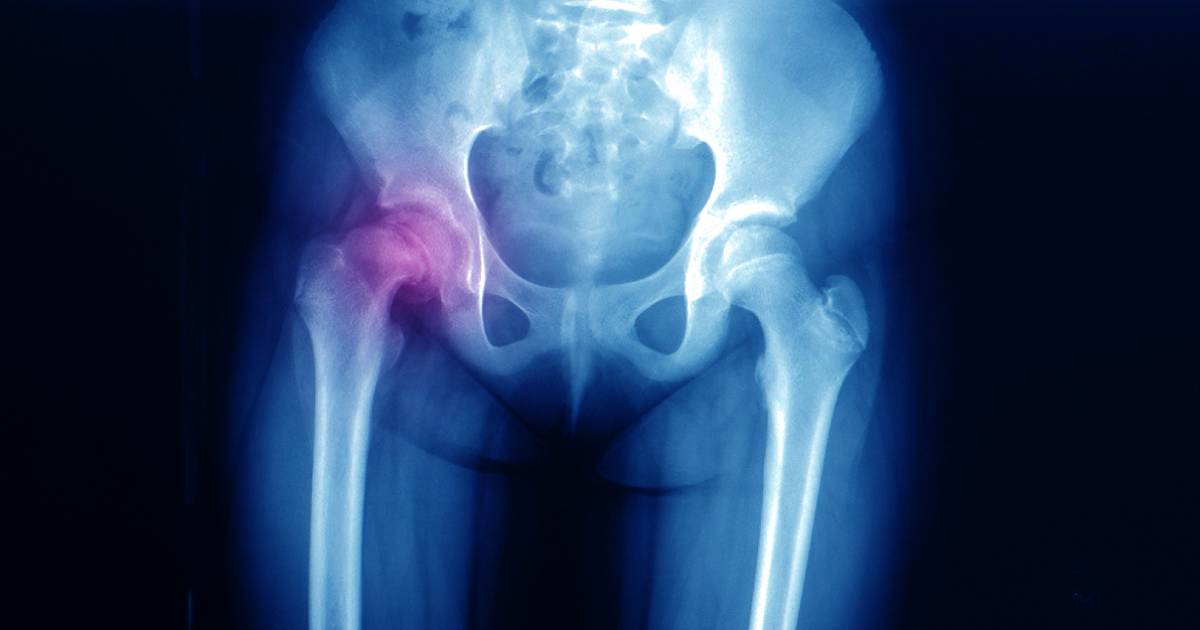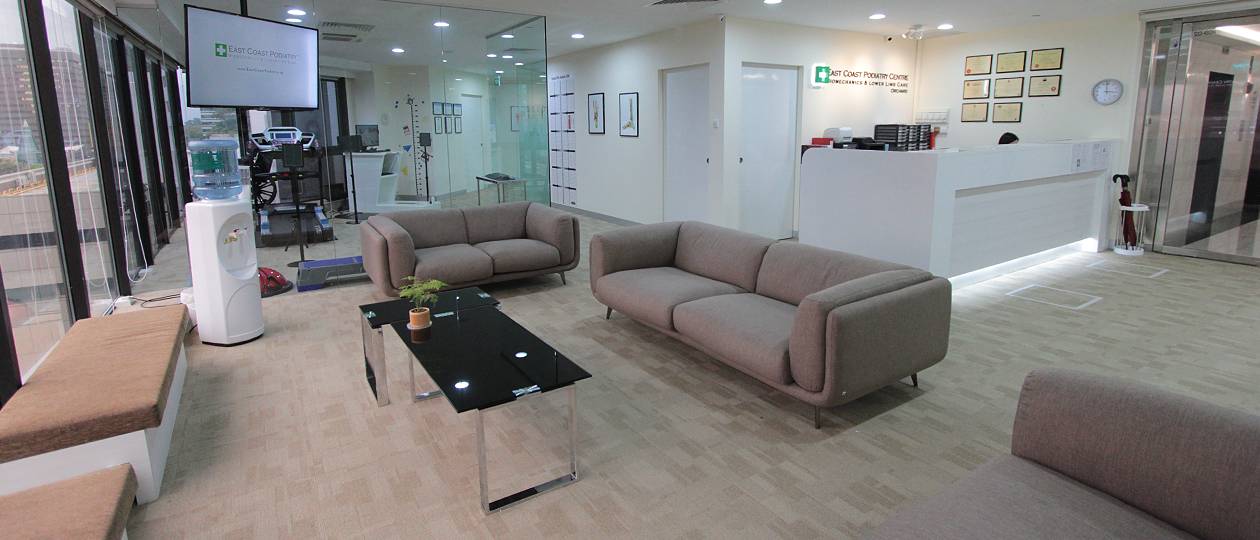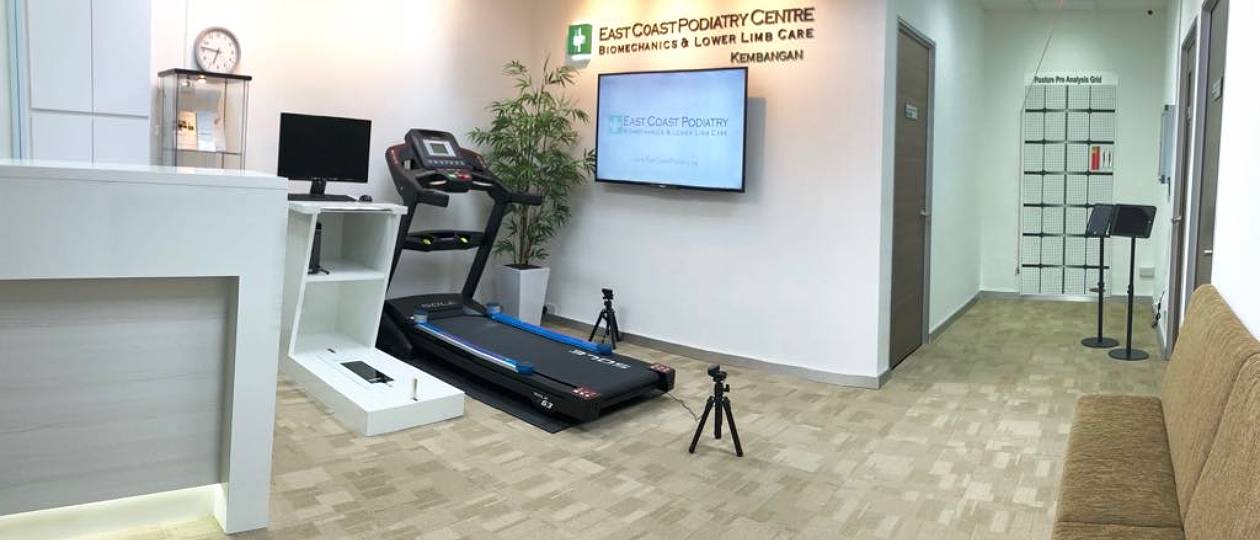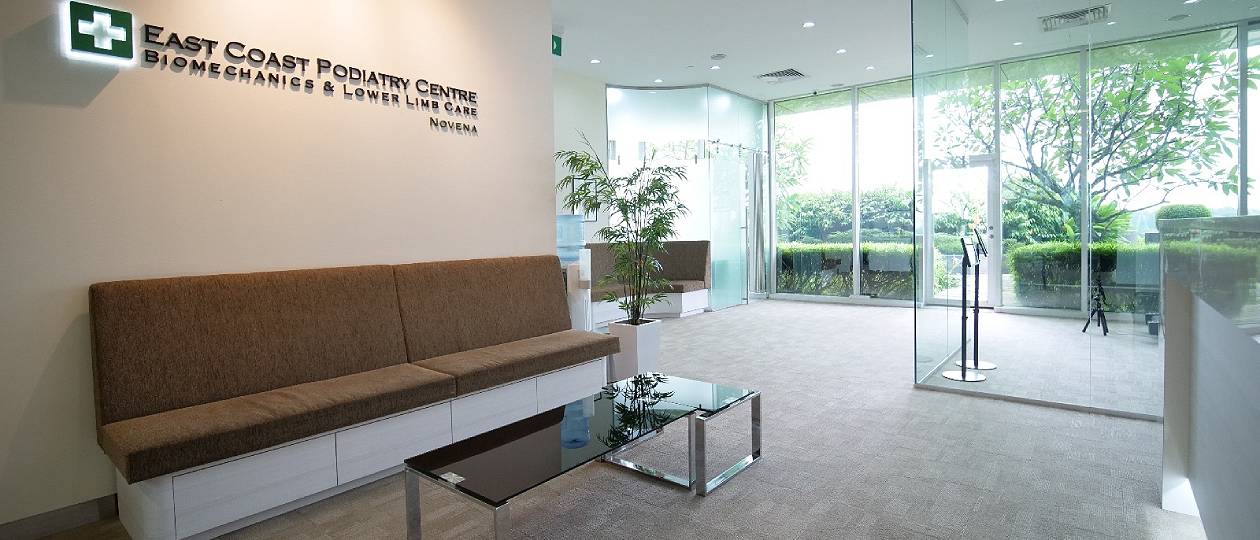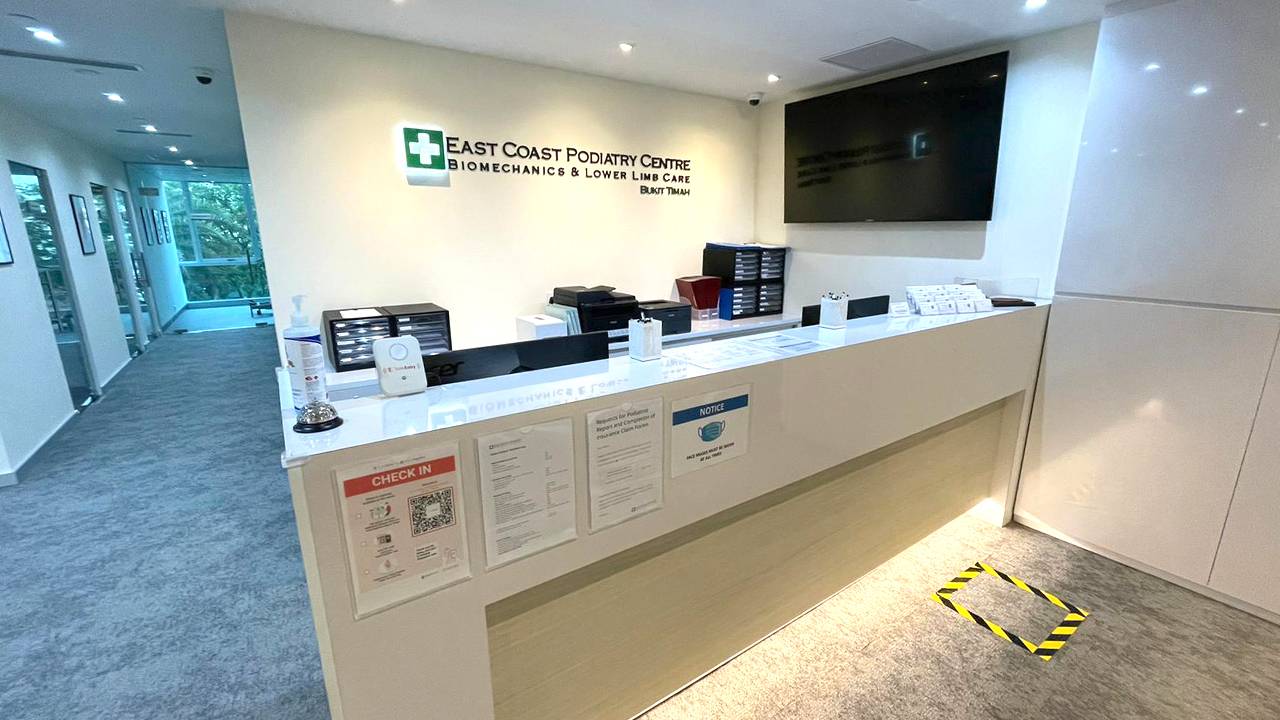What Is Paediatric Hip Pain?
If your child is experiencing hip pain, it may be a sign of a serious underlying condition and this should not be ignored. While older children will likely speak up if they are in pain, younger children may not be able to verbalise their discomfort. Parents should observe and be aware of any sign of hip pain in children, and get checked by a medical professional if the pain doesn’t subside.
Symptoms of Paediatric Hip Pain
The wide variety of symptoms can be grouped broadly into the following categories:
- Mechanical symptoms: joint catching, clicking, or snapping that worsens during or after activity
- Systemic symptoms: fever, irritability
- Inflammatory symptoms: joint stiffness, redness, swelling
- Neurological symptoms: weakness, altered sensations
- Changes in the child’s gait: limping, altered weight-bearing, clumsiness
See a podiatrist promptly upon the realisation of such symptoms. If they seem to persist or worsen, an X-ray or diagnostic investigation will be recommended to determine the cause of your child’s hip pain.
Causes of Paediatric Hip Pain
Juvenile hip pain and discomfort can arise from musculoskeletal injuries, developmental conditions, or infections. Examples of such conditions include:
- Legg-Calve-Perthes disease
- Slipped Capital Femoral Epiphyses (SCFE)
- Transient synovitis
- Septic arthritis
- Juvenile idiopathic arthritis (JIA)
- Muscle Strains and Tendinopathies
- Apophysitis and apophyseal avulsion injuries
- Bone fractures
- Bone tumours
- Scoliosis and limb length difference
Due to the serious nature of many of the underlying causes of hip pain in children, it is recommended to have your child assessed by a specialist as soon as possible. This is to ensure that your child receives an accurate diagnosis as soon as possible and you will be able to take action early if the condition turns out to be something more sinister.
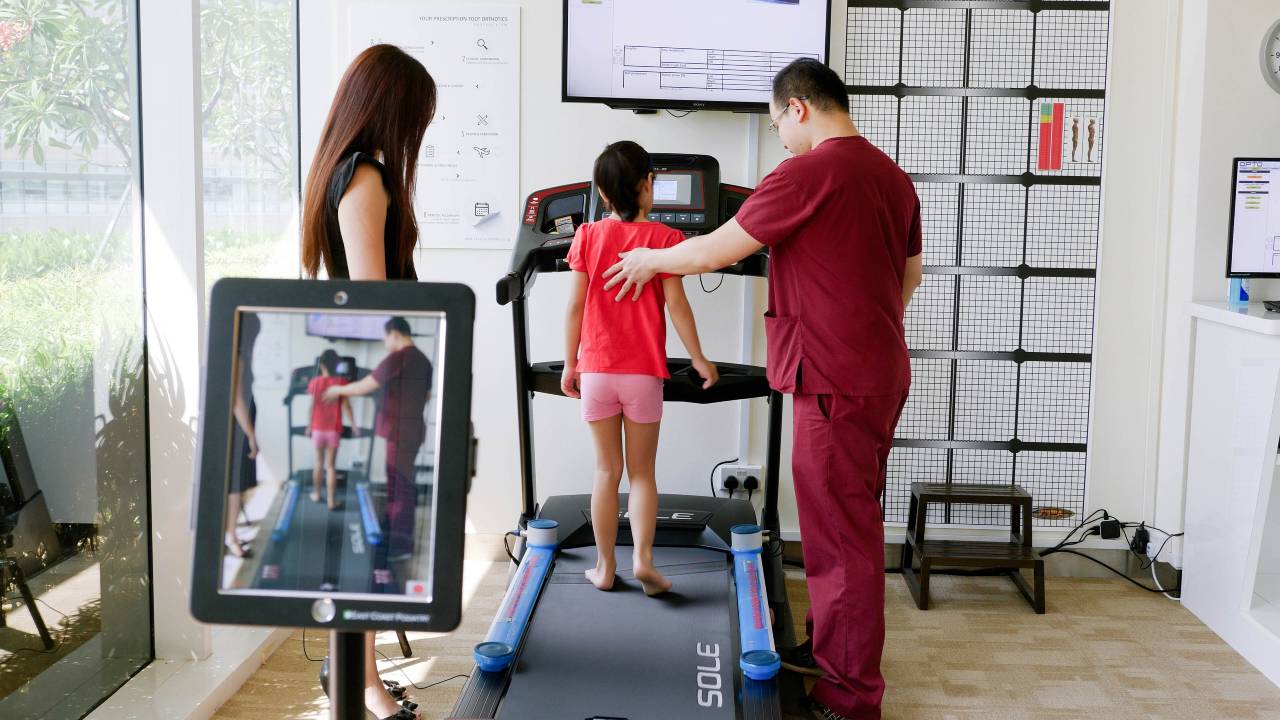
What Can A Podiatrist Do For My Child’s Hip Pain?
Specialised paediatric-focused podiatrists will examine your child’s condition thoroughly for any potential causes. The assessment will involve:
- A consultation and full musculoskeletal assessment of the child’s lower limbs and postural alignment.
- Imaging technologies such as X-ray and diagnostic ultrasound to evaluate the structures and alignment of the lower limbs, as well as the severity of the condition.
Podiatrists are equipped with advanced modalities designed to manage hip pain, depending on the condition, severity, and age of the child. Following a comprehensive assessment of your child’s condition, interventions can include:
- Customised foot orthotics or paediatric ankle foot orthotics (AFOS) to correct the child’s posture and improve gait
- Stretching exercise programs to strengthen soft tissue structures in the hips
- Technologies to reduce pain, stimulate healing, and improve joint range-of-motion
If your child is suffering from hip pain, don’t hesitate to consult a podiatrist. Early intervention will help resolve underlying issues and ensure your child’s pain is addressed promptly.
Frequently Asked Questions
The most common causes of hip pain are:
- Transient synovitis
- Septic arthritis
- Slipped Capital Femoral Epiphyses
- Leg-Clave-Perthes disease
Your podiatrist will conduct an in-depth evaluation to accurately determine the cause of your child’s hip pain.
If your child’s hip pain persists and is not relieved by:
- Rest
- Ice
- Heat
- Prescription pain relievers
Or if there are signs such as:
- Pain that is increasing in intensity
- An inability to move their legs normally
- An inability to bear weight on that leg
- Signs of infection (fever, chills, swelling, or redness)
Seek a specialist’s opinion as soon as possible if your child is displaying any of these signs.
Growing pains are misnamed as the process of growth does not cause pain. The pain can instead be attributed to cases of soft tissue overuse in the hips which are common in children under the age of 10 who have gone through a full day of physical activities. These pains are most often felt at night and usually resolve by the next day, allowing the child to resume their activities.
However, serious hip issues may be more chronic and can hinder the child’s level of activity consistently. Consult a podiatrist if you are unsure about whether your child’s hip pain is due to overuse or a more serious hip condition. Knowing the difference and rectifying the cause is imperative to resolving your child’s pain.

